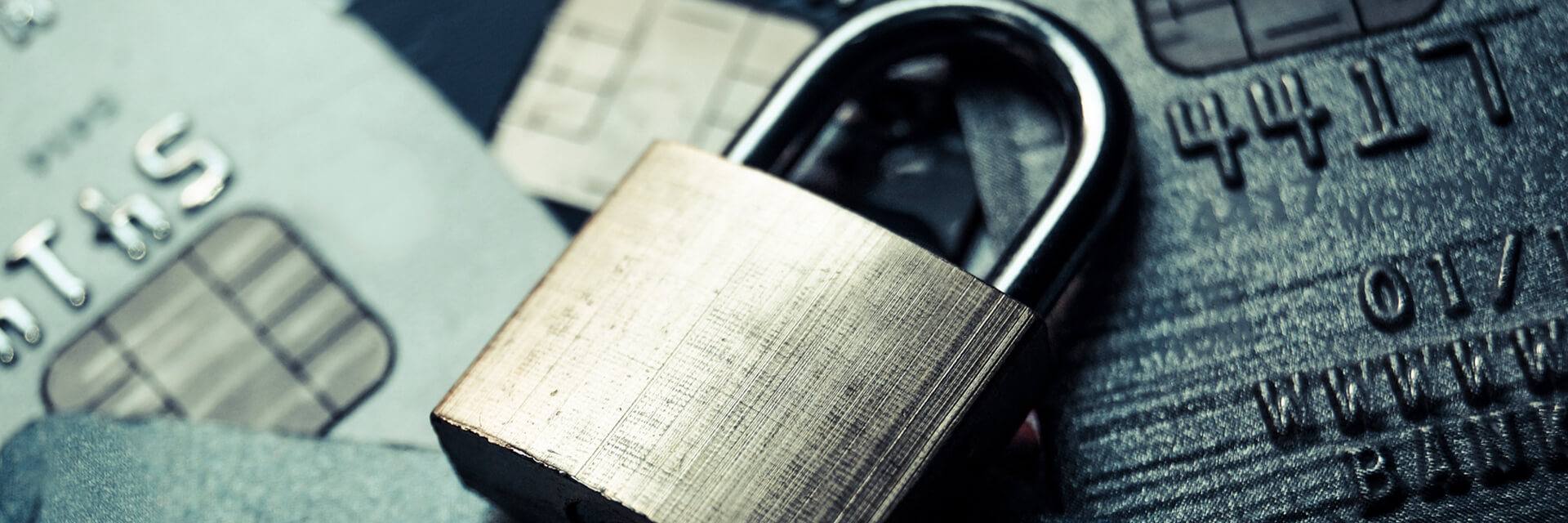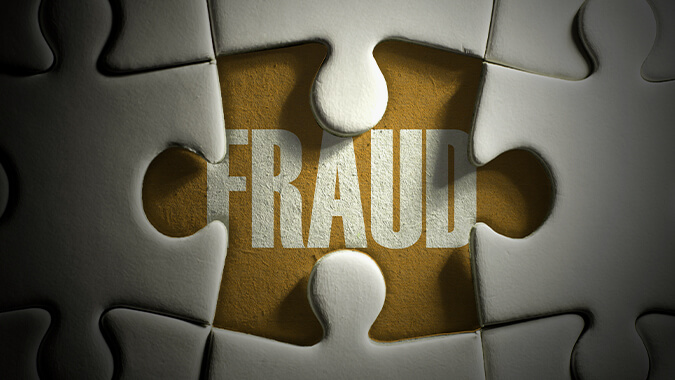
Recognizing and Preventing Identity Theft
- Published
- Nov 14, 2016
- Share
Identity theft is defined as “the fraudulent acquisition and use of a person's private identifying information, usually for financial gain.” Last year, there were more than 13 million victims of ID theft reported. However, the true number of identity theft victims is difficult to determine because of the many law enforcement agencies classifying these crimes differently. Furthermore, identity theft touches on other crimes--such as internet fraud and mail theft—. which may not be classified as ID theft. Therefore, published statistics most likely underestimate the number of actual cases.
Coveted Data
Names, Social Security numbers and birth dates are typical targets of ID thieves. However, fraudsters also covet Medicare numbers, addresses, birth and death certificates, passport numbers, financial account numbers, passwords, telephone numbers, and fingerprints. As you can see, they have a good number of tools at their disposal.
Theft Methods
Typically, the bad actors contact potential victims via telephone, in person or electronically. Specifically, criminals utilize phony email scams, computer phishing expeditions that trick people into sharing personal information;, burglaries; redirecting or stealing mail; or simply going through the trash for sensitive (unshredded) documents and credit card or loan applications,. They may even stoop to ‘shoulder surfing,’ where someone watches as you enter personal information on a keypad or eavesdrops on a conversation where you are discussing personal financial information.
Preventative Measures
While it may sound overwhelming, there are proactive steps you can take to secure your data and your identity. Here are just a few:
- Do not throw away ATM receipts, credit card or bank statements, credit reports, and so on before shredding them.
- Be careful about giving out your personal information. Do not give bank or credit card information over the phone unless you’re absolutely sure you know who you’re speaking with.
- When traveling, have your mail held at the post office or have a trusted person get it and hold it for you.
- Do not discuss personal financial information where strangers can ease drop.
- Reconcile bank accounts monthly.
- Report unauthorized financial transactions to the appropriate people immediately.
- Avoid putting too much information printed on checks, such as a Social Security number and telephone number.
- Provide your Social Security number only when absolutely necessary.
- Where possible, use cash or a check instead of online financial transactions.
- Use passwords with multiple, non-familiar characters such as R7$419#2D, not ABC123 or 1password1.Change passwords frequently.
- Check credit reports at least annually.
Report Incidents
If you become a victim of identity theft, report it to the proper authorities. Contact the Federal Trade Commission as well as the bank, store, credit card company or institution involved. Other agencies you may need to contact include the Social Security Administration, Internal Revenue Service or Postal Inspection Service.
FRAUD WEEK ARTICLES
- Tone at the Top
- Fraudulent Disbursements - Billing Schemes
- Recognizing and Preventing Identity Theft
- When Your Reputation Gets Short-Circuited
- When To Conduct a Fraud Risk Assessment
- Fraud Risk Assessments: A Key Tool for Organizations, Forensic Accountants and Internal Auditors
- Workplace Fraud – Limiting Opportunity
- Can You Trust the Trustee?
- Tips Still Top the List of Fraud Detection Methods
- Fraud Detection – Why, How and When
- The Financial Cost of Occupational Fraud on Business
- Overcoming Expense Reimbursement Fraud
Contact EisnerAmper
If you have any questions, we'd like to hear from you.
Receive the latest business insights, analysis, and perspectives from EisnerAmper professionals.










